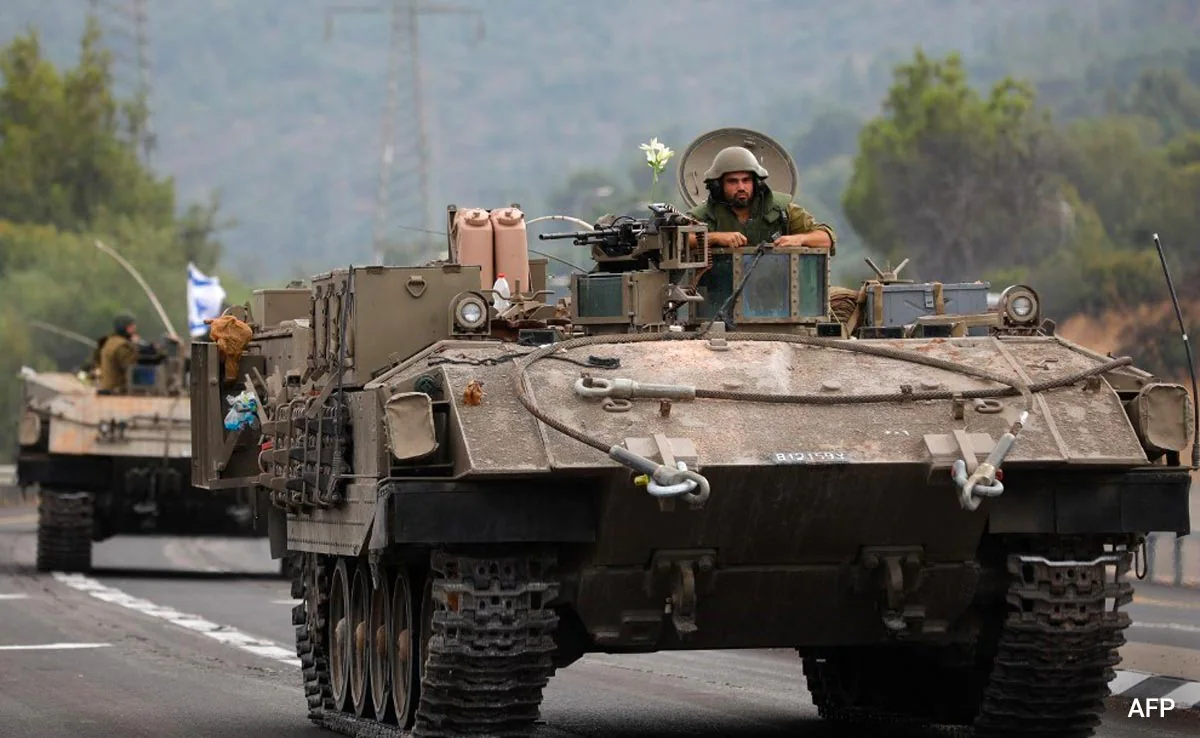Tel Aviv – Despite ongoing conflicts in Gaza and rising tensions with Iran, Israel’s defense industry has achieved a historic milestone, selling a record $14.7 billion (approximately ₹1.23 lakh crore) in weapons in 2024. The announcement, made by Israel’s Ministry of Defense in June 2025, highlights the country’s growing role as a global arms exporter.
For the fourth consecutive year, Israel’s arms exports have broken records, with European countries emerging as the largest buyers. Europe accounted for 54% of total exports, roughly $8 billion, up from 35% in 2023. The Asia-Pacific region remained the second-largest market, but it lagged behind Europe significantly.
What’s Selling?
Air defense systems, particularly the Iron Dome, dominated sales, making up 48% of exports. Missiles, drones, radar systems, and cyber weapons also saw strong demand. Key contributors included Israeli Aerospace Industries (IAI), Rafael Advanced Defense Systems, and Elbit Systems.
Conflict Fuels Demand
The war in Gaza, ongoing since 2023, has inflicted heavy casualties but also demonstrated the operational effectiveness of Israeli defense systems. European nations, facing supply shortages due to the Russia-Ukraine war, turned to Israel for proven, combat-tested weaponry.
Tensions with Iran further boosted demand. After Iran launched a missile attack on Israel in April 2024, the country’s defense systems successfully intercepted the strike, enhancing their global reputation. Calls for boycotts over the Gaza conflict did not significantly hinder sales, as European nations prioritized military readiness.
Why Europe is Buying
Germany, France, Italy, and the UK placed large orders:
-
Germany: Iron Dome and advanced air defense systems.
-
Poland: Drones and missile defense systems.

-
Romania: Radar and air defense equipment.
While the EU criticized Israel’s actions in Gaza, it remains the country’s largest trading partner, with $45.5 billion in total trade in 2024. Some European nations have hinted at potential trade consequences if the Gaza conflict continues, but no major sanctions have been imposed yet.
Benefits and Challenges for Israel
Arms exports strengthen Israel’s economy, contributing 7% to GDP and creating around 50,000 jobs. Revenue from exports helps offset war expenditures, estimated at $60 billion. However, the international community has increasingly criticized Israel, with the UN raising allegations of atrocities in Gaza.
The Netanyahu government frames these sales as a sign of self-reliance and plans to expand exports, particularly in Asia and Africa.
Global Implications
Israel’s record arms sales underscore how profit can continue even during conflict. Yet, over 40,000 lives have been lost in Gaza, and regional tensions with Iran remain high. Europe’s arms purchases could shift the balance of power in the Middle East, raising ethical questions about profiting from war. Observers call for stricter global regulations to govern arms trade and prevent escalation.
Israel’s success demonstrates advanced technological capabilities but also highlights the moral dilemmas of arms sales in a war-torn world.










